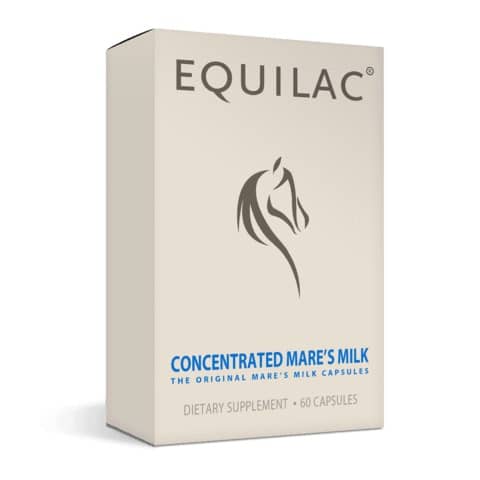Horse milk contains 6.2% lactose, more than cow’s milk. Although lactose is higher in mare’s milk, it is often better tolerated by people with lactose intolerance.
The digestive process of horse milk differs from cow’s milk. This is because horse milk has a different protein structure and contains less fat and more lactose or milk sugar. This makes mare’s milk easier to digest.
The proteins in horse milk are smaller than in cow’s milk, so they are absorbed faster in the body. In addition, the lactose in horse milk is of a different species, which is more easily broken down and absorbed by the body. This can reduce the symptoms of lactose intolerance.
Surprisingly, people who get allergic to horse milk usually suffer from it within minutes. Symptoms include a swollen throat and watery eyes. If you think you are allergic, it is important to see a doctor.
People with lactose intolerance are often allergic to the proteins in cow’s milk, but mare’s milk can be a good alternative. Introducing horse milk gradually in people with lactose intolerance is recommended.
If you think you have lactose intolerance and want to try horse milk, you can start with one capsule and build up slowly.

